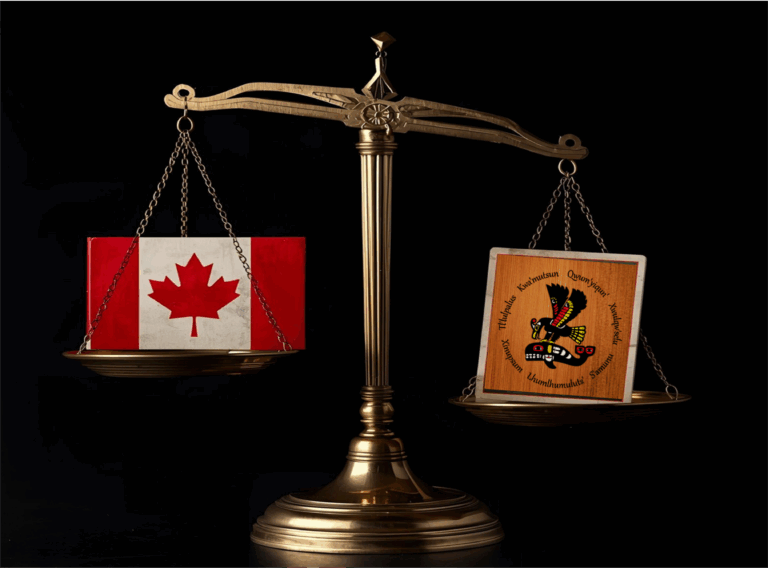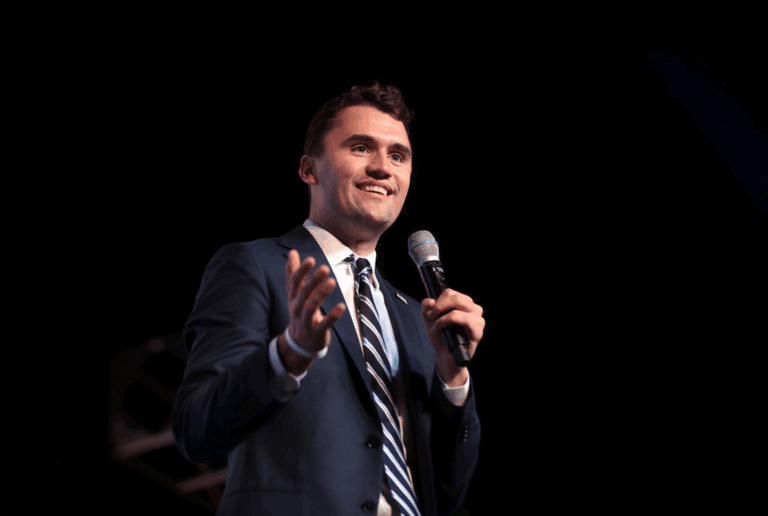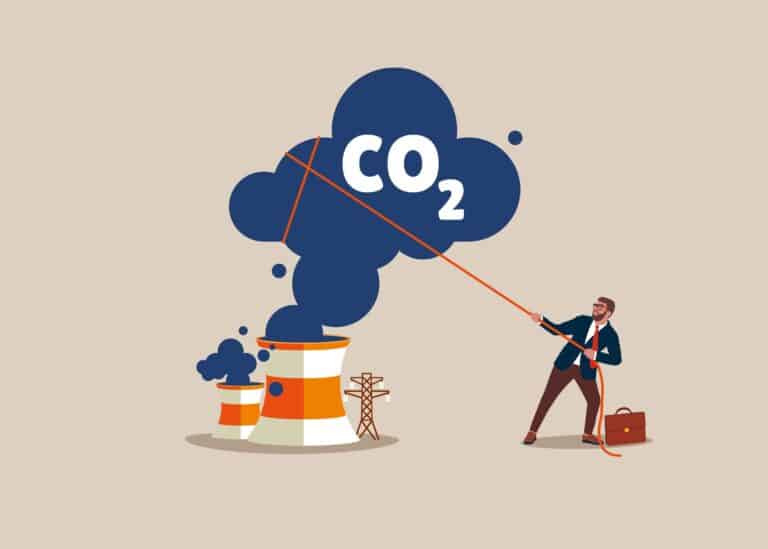One of the foundational notions of conservative political philosophy is the idea of personal responsibility. As a general principle, conservatives believe it is the individual, not the state, who is responsible and answerable for his or her own destiny. Conservatives thus favour a society where trust, loyalty, self-reliance, charity, prudence, civility, respect and honour are voluntary behaviours, not legislated ones. And they worry, almost obsessively, about the erosion of personal responsibility.
These worries seem well-founded. Daily, we hear stories of parental neglect, of politicians abusing the prerogatives of office, of businessmen fiddling the books, of car manufacturers cheating the consumer, of students cheating on tests, and so forth. One could easily expand this catalogue. But how to account for this withering of responsibility?
Part of the answer lies in the intricate relationship between social values and human character. This is a very old idea, one that goes back at least to Plato, who understood the effects of political arrangements on the human psyche. He argued that as we alter our political arrangements, we can expect alterations in the character of our citizens. Democracy produces one kind of citizen, oligarchy a different sort, tyranny a different sort again, and so on.
I think this Platonic insight is correct, almost to the point of obviousness. Any fundamental shift in a country’s political and institutional arrangements can be expected to produce an equally dramatic shift in the psychic makeup of that nation’s people. And I think anyone who has lived in an advanced democracy over the last half century or so has borne witness to such shifts.
Every man is an island
The main impetus for the change revolves around framing public morality exclusively in terms of human rights. Justice is now understood as the pledge of political authority to secure the rights of the individual, rather than promote some form of the aggregate good. To put it epigrammatically, the individual has trumped the community.
Many see this move to a human rights culture as social and moral progress. Perhaps it is. An emphasis on human rights underscores the inherent dignity and worth of each and every individual, as well as the essential equality of all human beings under the law. At a minimum, emphasising human rights ensures that all persons who wield power must treat individuals with care.
But what is also certain is that this shift represents a sea-change in how citizens conceive their relationship to the state. In particular, there appears to be a strong correlation between a society obsessed with rights, and the decline of personal responsibility. We have become very good at demanding our rights, while growing ever more neglectful of our responsibilities.
Part of the reason for this imbalance lies in the protean ability of “rights talk” to multiply and spread into every area of discourse, moral and non-moral alike. When the British philosopher and jurist Jeremy Bentham (1748-1832) referred to human rights as “nonsense on stilts,” what he meant was that the concept of “right” is incoherent unless it is balanced against the general public interest. Bentham recognized that one of the signal problems with the notion of human rights is that every human need, desire, whim, and fantasy, no matter what its origin, and no matter how frivolous or far-fetched, can be accommodated by the language of human rights.
The individual right to everything
Unfettered rights talk can take just about any human desire and transform it into a moral claim. Marketers understand this as well as activists. Hence investment firms that offer “your right to a secure retirement,” banks touting “your right to a low-cost mortgage,” and even a soap maker selling “the right to self-esteem.”
Rights-talk has become part of the furniture of the modern mind. None of us is immune to this tendency to claim our rights, steeped as we all are in the language and categories of rights-talk. Try a small thought experiment. Take any of your desires and express them in the form, “I have the right to …” From the libertarian far right to the progressive far left, there are few constraints on the proliferation of individual rights, no matter how far removed from the moral realm.
As a result, we have evolved from an understanding of rights as a way for individuals to obtain exemptions from state authority, to the idea that the state has an obligation to satisfy any and all of our idiosyncratic whims and preferences. As everyday desires have mutated into categorical moral imperatives our claims to rights are increasingly made in intemperate and shrill language, more appropriate to doctrine from the pulpit than open debate in the public square.
There is, in fact, almost no place for public debate over rights. To question a rights demand is to oppress the rights seeker, and so subject oneself to public shaming if not legal sanction. So rights are rarely arbitrated by elected legislators, but instead by appointed judges, interpreting vague legal frameworks assembled by cowed politicians and bureaucrats.
This is a profoundly undemocratic way to reconcile conflicting interests and build consensus in a free society. Indeed, the absolute certainty of rights claimants, a certainty that brooks no criticism or compromise, is a characteristic of totalitarianism. It is what comes of mistaking the moralizing inherent in talk of human rights for morality in its entirety, and it obscures the fact that unlike, say, the axioms of mathematics, moral reasoning is tentative and defeasible, which is to say uncertain. On the other hand, the categorical language of rights is rooted in the same epistemic certainty that the earth revolves around the sun.
Our responsibility to democracy
The shift from a public philosophy based on the greater good, to one predicated on the rights of the individual, is a recent historical development. But it is deeply entrenched, and returning the concept of personal responsibility to the centre of democratic deliberation will require a far wider, more generous, and more imaginative conception of the moral domain than exists today.
We need a language that allows for serious moral reflection, for a way of adducing right from wrong, of distinguishing good conduct from bad, and of identifying and promoting desirable virtues over the non-desirable. To engage in serious moral conversations of this kind requires, at a minimum, the spirit of tolerance and good will, as well as the ability to make nuanced and subtle distinctions in language. Religion – particularly those traditions grounded in conceptions of natural justice – once provided this framework and may do so again. But today religion is often a primary target of rights seekers, and thus a marginal player in the debate.
Now it might be the case that the advent of a human rights culture represents real moral progress. Certainly, reasonable people can hold this view. Nevertheless, it is a culture which has largely lost the capacity to address those virtues and human excellences that do not readily lend themselves to articulation in terms of individual rights, and in which personal responsibility can find little purchase.
Is democracy sustainable in a world where the individual is understood as nothing more than a bearer of rights, instead of an engaged participant in the public world for which he or she assumes responsibility? If we continue down this road, we do so at peril of serious social conflict arising from competition for status and power within the rights hierarchy. And if democracy is not allowed to arbitrate those competing claims, history suggests autocracy will.





